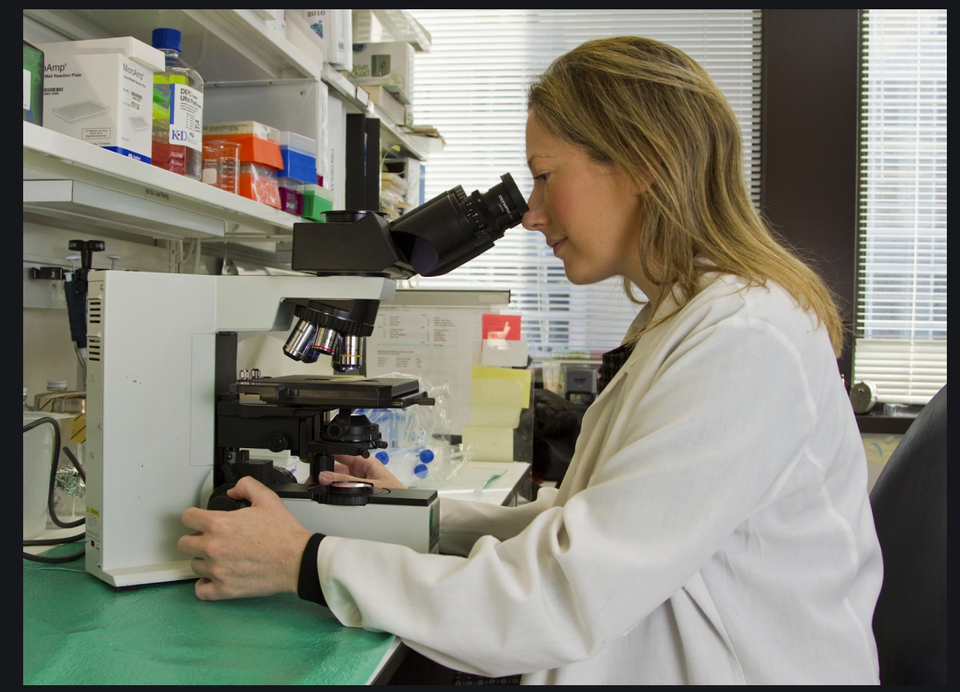6 Best Practices to Manage Your Clinical Research Workload
As of April 15, 2024, the clinical research scene in the United States is thriving, hosting around 148.000 registered studies. In this busy environment, where the search for knowledge meets the drive for medical advancements, handling a demanding workload is both difficult and essential.
As committed experts in this ever-changing field, it’s important to recognize the significance of streamlining your work to tackle the challenges you face. In this article, we'll explore six top strategies designed to equip you with the tools to efficiently handle your clinical research workload, guaranteeing effectiveness, productivity, and success in your pursuits.
Invest in Technology to Optimize Work
Today's digital advancements have transformed how clinical research is performed. Investing in cutting-edge tools and platforms can significantly boost productivity.
Consider, for instance, the utilization of advanced technologies such as the cell sorter. These high-tech devices automate cell sorting and analysis, reducing manual efforts and error rates. Through this technology, researchers can streamline data collection, analysis, and interpretation, leading to faster progress in their research endeavors.
Prioritize Tasks and Set Clear Goals
Efficient handling of tasks starts by focusing on what needs immediate attention and setting concrete objectives. Amid a multitude of tasks demanding your attention, it's vital to pinpoint those that carry the highest importance and urgency. By organizing tasks according to their relevance and due dates, researchers can guarantee prompt meeting of crucial deadlines. Establishing clear, attainable objectives offers a blueprint for triumph, leading researchers through every phase of their endeavors with precision and transparency.
By streamlining priorities and defining precise targets, researchers can optimize their productivity and ensure efficient progress. This strategic approach enables them to allocate resources effectively, maximizing their impact on project outcomes. Ultimately, clear objectives and prioritized tasks empower researchers to navigate complexities with confidence and achieve desired results.
Develop Efficient Workflows
Boosting productivity in clinical research hinges on refining how tasks are done. Creating streamlined methods specific to each project reduces unnecessary steps and clears up any slowdowns. Teamwork among researchers is key, pooling their knowledge and viewpoints to perfect these methods. Plus, using project management software ramps up efficiency, making it easier to monitor progress, assign resources, and organize tasks smoothly.
Additionally, fostering open communication channels ensures any issues are swiftly addressed, keeping the workflow on track. Regular evaluations of the workflow's effectiveness allow for continuous improvement, adapting to evolving project needs. Ultimately, optimizing workflows not only saves time but also enhances the quality and reliability of research outcomes.
Delegate Responsibilities Appropriately
Assigning tasks wisely is key to managing workloads effectively in clinical research. Understanding each team member's strengths and expertise helps researchers delegate responsibilities strategically. By giving team members control over specific tasks, researchers can make the most of their skills to reach common objectives. To promote accountability and teamwork, it's crucial to communicate clearly and provide regular feedback within research teams.
This approach not only ensures that tasks are handled efficiently but also cultivates a culture of mutual trust and support among team members. Ultimately, it leads to a smoother workflow and greater success in research endeavors.
Embrace Continuous Learning and Training
In the ever-evolving domain of clinical research, keeping up with the latest advancements and approaches is crucial. Adopting a commitment to continually learning and advancing professionally is vital for staying current and skilled.
Allocating resources to training sessions, seminars, and industry gatherings offers valuable chances to improve abilities, broaden understanding, and connect with colleagues. By giving importance to ongoing learning, researchers can stay ahead in their field, fostering progress and quality in their endeavors.
Practice Effective Time Management
Efficiently managing time is essential in clinical research. By implementing methods to optimize time utilization, researchers can enhance productivity and minimize inefficiencies. Establishing achievable deadlines, breaking up tasks into manageable segments, and refraining from multitasking are proven tactics for improving time management.
Utilizing time-monitoring tools allows researchers to pinpoint areas for enhancement and fine-tune their operational methods for heightened efficacy. Additionally, maintaining a harmonious balance between work and personal life is imperative for preventing exhaustion and promoting enduring output in the realm of clinical research.

